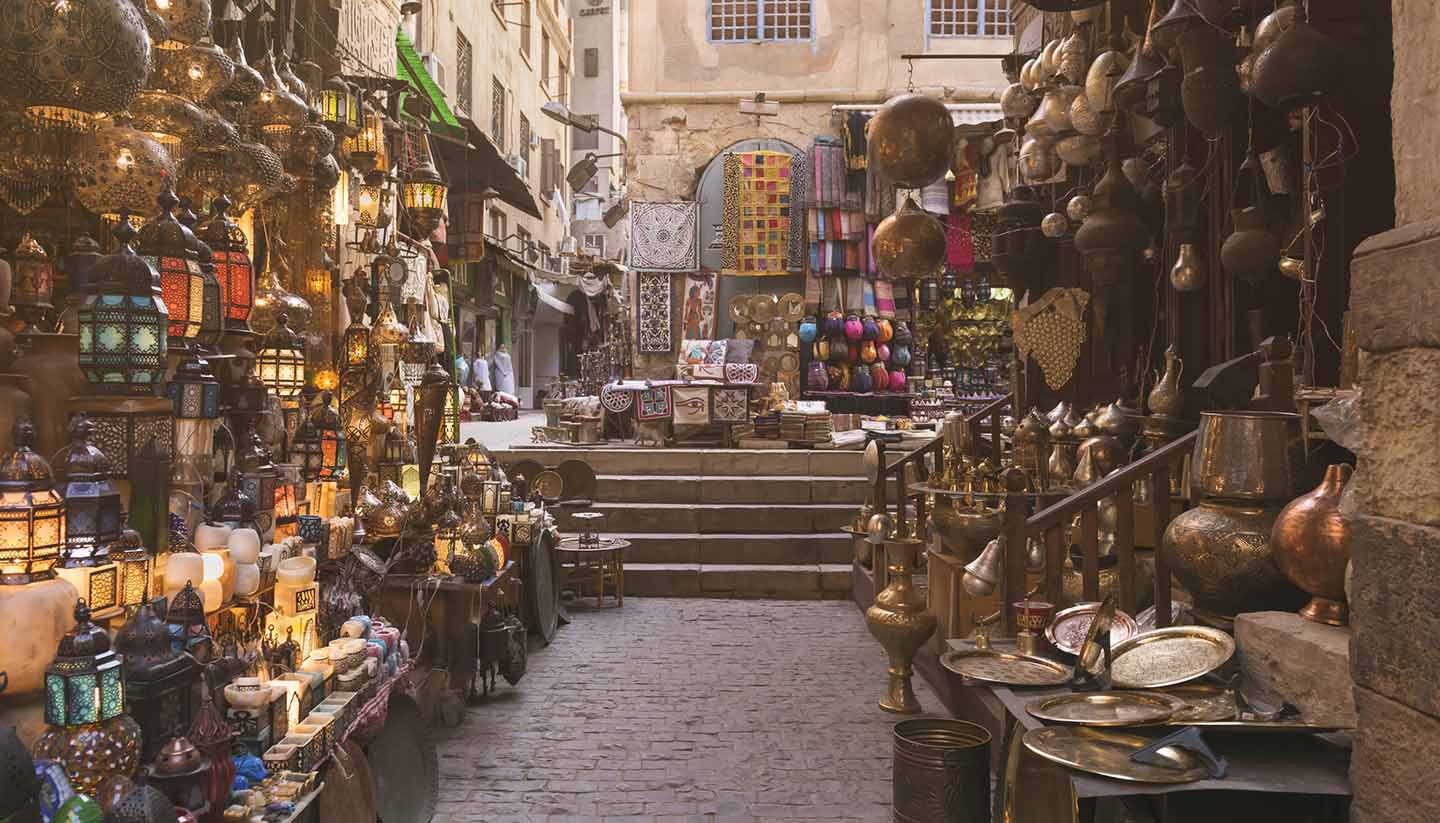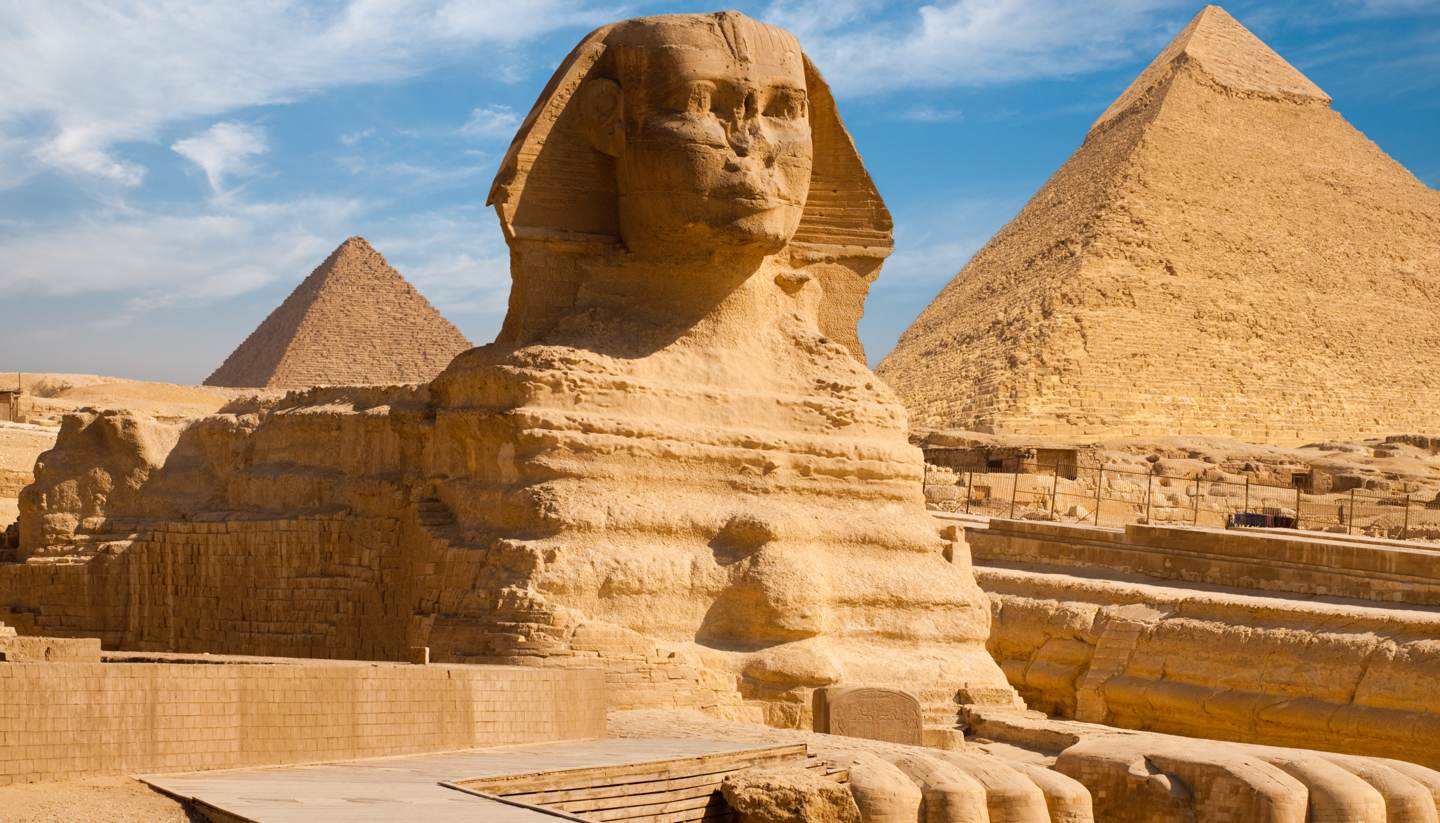Cairo Travel Guide
About Cairo
Beacons of tourism since the dawn of history, both Egypt and its capital possess an enduring appeal. Just southwest of Cairo, a patch of Giza desert offers nothing less than the Seventh Wonder of the Ancient World in Khufu’s Great Pyramid, plus the iconic Sphinx.
Meanwhile, amongst the clutter of the Egyptian Museum’s bygones lies the breath-taking tomb of Tutankhamun, the original boy-king of bling. For an attraction of biblical proportions, there’s Coptic Cairo, home to some of the earliest Christians and many historic churches.
Yet, while ancient splendour is the main draw, many tourists miss what modern Cairo has to offer. With some 10 million inhabitants, this is the Arab world’s largest city. Baladi drinking dens, bustling markets and countless museums (all served by an impressive metro system) make engaging with locals a rewarding experience.
Few can have failed to notice the Egyptian protests that started in 2011 and brought about two revolutions in as many years. But rather than avoid the country’s defiant capital, there’s much to be gained from meeting the city at a historic crossroads. Demonstrations still regularly feature on Tahrir Square, but even they can make a fascinating daytime experience.
In spite of this, Cairo is generally calm and safe. But ‘calm’ is a relative word in this city. Locals’ lives are sound tracked by noisy traffic on notoriously congested roads, while central streets are often crowded with shoppers, diners and businessmen. Brace yourself for insistent offers of mint tea from salesman.
For an overview of the city, climb to the 12th-century citadel looming above the urban sprawl. Built by Salah Al-Din, Cairo was effectively governed from atop Mokattam Hill for the next 700 years. Before that, Cairo was a cornerstone of Islamic civilisation. As such, the old Islamic quarter has been proclaimed a UNESCO World Heritage site.
Whenever you need a break from the cacophony of the city, it’s possible to sail down the Nile on a traditional felucca boat. The lifeblood of Egyptian civilisation for aeons, the river reminds that Cairo is known as the ‘Mother of the World’ for good reason.



